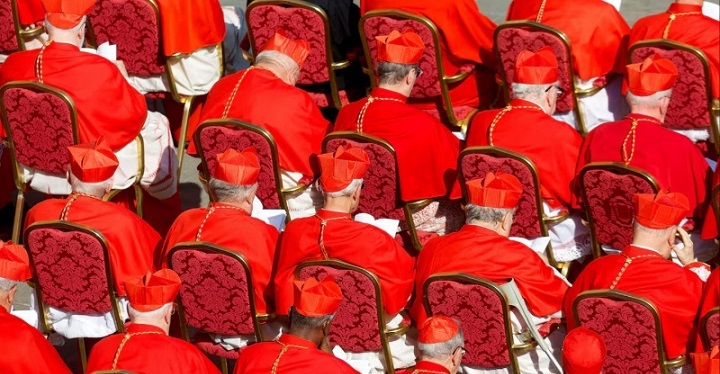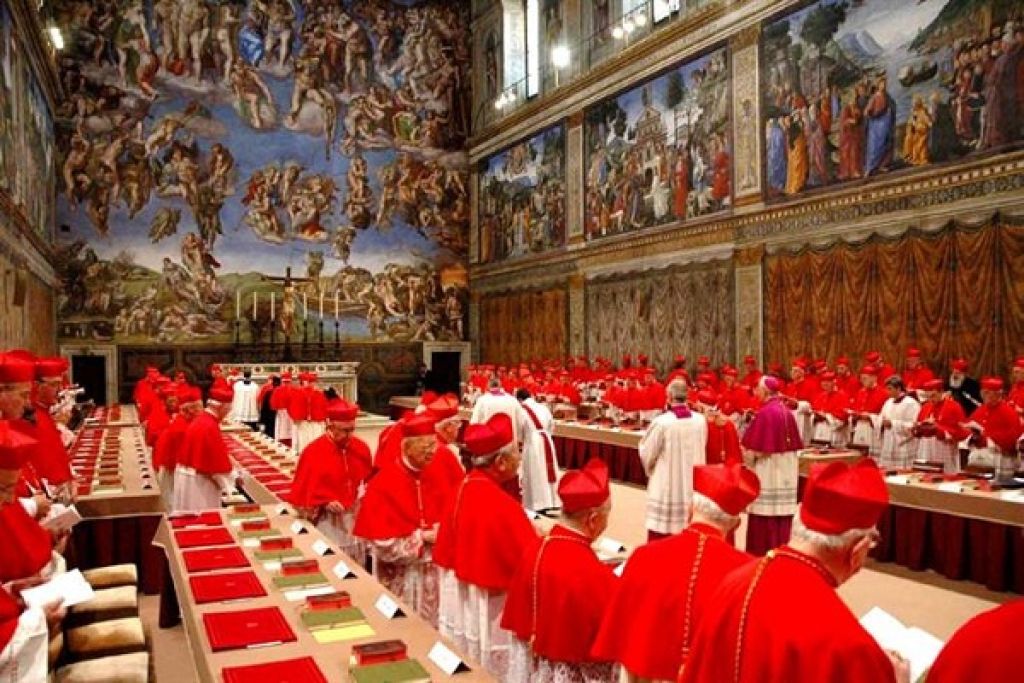(Reuters) – President Donald Trump’s administration asked the U.S. Supreme Court this week to suspend nationwide orders by federal judges blocking two of his major policies in an unusual step but one in line with an aggressive White House litigation strategy.
FILE PHOTO: The Supreme Court is pictured in Washington, U.S., November 13, 2018. REUTERS/Al Drago
The Supreme Court traditionally has been viewed as the court of last resort in the United States, but Trump’s Justice Department increasingly has tried to enlist it in paring back or halting unfavorable rulings by lower courts on signature Trump policies, often at early stages of litigation. In another tactic, the administration has asked the justices to review disputes even before lower appeals courts have acted.
Trump has appointed conservatives Brett Kavanaugh and Neil Gorsuch to lifetime jobs on the Supreme Court since taking office last year, cementing its 5-4 conservative majority. The Republican president often has criticized lower court rulings that went against his policies and expressed his desire to be heard by the Supreme Court instead.
On Tuesday, the administration asked the high court for a stay of a San Francisco-based federal judge’s nationwide injunction that blocked Trump’s policy prohibiting asylum for immigrants who enter the United States outside an official port of entry.
On Thursday, the administration asked the court to stay nationwide injunctions issued by federal judges blocking Trump’s plan to bar some transgender people from serving in the military, if the justices decline an unusual earlier request to review the cases before lower appeals courts have ruled.
Since Trump took office in January 2017, lower courts have issued a series of nationwide injunctions blocking a number of his policies such as his travel ban targeting people from several Muslim-majority countries – a policy the Supreme Court later allowed to go into effect.
Former Attorney General Jeff Sessions, who Trump ousted last month, had criticized federal judges for such injunctions. In Thursday’s stay request over the transgender military policy, U.S. Solicitor General Noel Francisco, the administration’s top Supreme Court lawyer, did too.
“Such injunctions previously were rare, but in recent years they have become routine,” Francisco wrote, adding that 25 such injunctions had been imposed on the Trump administration.
‘NEW CIRCUMSTANCES’
Michael McConnell, who previously served alongside Gorsuch as a conservative judge on the Denver-based 10th U.S. Circuit Court of Appeals and is now a professor of law at Stanford University in California, said the administration is responding to a recent legal development.
The issuance of nationwide injunctions like that ones that have drawn the administration’s ire did not become common until late in the Obama administration and have now “proliferated in this administration,” McConnell said, adding that judges should limit the scope of their injunctions.
“The (solicitor general) cannot be faulted for responding to the new circumstances,” McConnell said.
This week’s two Justice Department requests for the Supreme Court to lift nationwide injunctions followed other administration efforts to stop trials in lower courts over federal policies, prevent documents from being released or shield administration officials from questioning.
Robert Loeb, a former Justice Department official who served under presidents of both parties, said the “amazing” number of Trump administration requests to the Supreme Court reflected a belief that its conservative majority will be sympathetic toward Trump.
“They may be breaking institutional boundaries because they view it as a more favorable forum than in the past,” Loeb said.
Loeb said the Justice Department’s actions repeatedly seeking early relief from lower court orders risk undermining the credibility of the solicitor general’s office and politicizing the Supreme Court.
The Justice Department did not immediately respond to a request for comment.
The administration has asked the high court with some success for help in disputes over evidence, including in its bid to rescind a program created by Trump’s predecessor Barack Obama that protects from deportation hundreds of thousands of illegal immigrants who came to the United States as children, and in its plan to add a contentious citizenship question to the 2020 census.
There are signs that the administration’s offensive against nationwide injunctions may be paying off in lower courts.
The San Francisco-based 9th U.S. Circuit Court of Appeals, a liberal-leaning court that Trump often criticizes, on Thursday narrowed an injunction issued by a federal judge against a plan to expand exemptions to birth control insurance, saying its nationwide scope was “overbroad.”
In August, the 9th Circuit also threw out the nationwide aspect of an injunction issued by a federal judge involving the administration’s move to withhold certain federal funding from so-called “sanctuary cities” that limit cooperation with federal immigration authorities.
The degree to which the high court will be amenable to the administration’s requests is not entirely clear. In the wake of heated Senate confirmation hearings for Trump’s latest Supreme Court Kavanaugh, the justices have steered clear of some cases on volatile social issues involving abortion and rights for gay and transgender people.
It has not been a sure bet for the administration at the Supreme Court, however. The justices, for example, have rebuffed administration requests to stop trials in lower courts over the census question and a lawsuit concerning climate change.
Reporting by Andrew Chung; Editing by Kevin Drawbaugh and Will Dunham






Leave a Reply